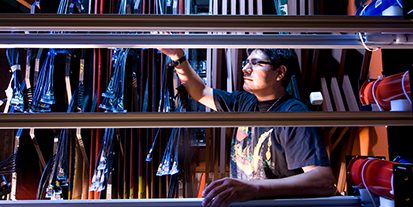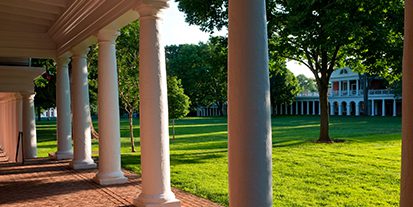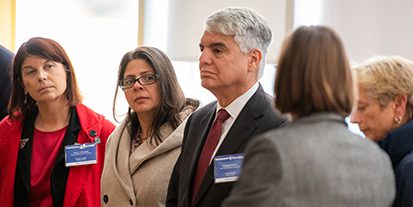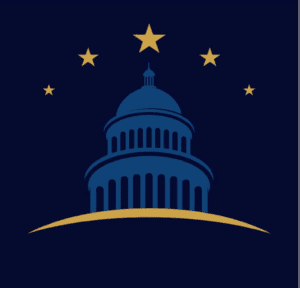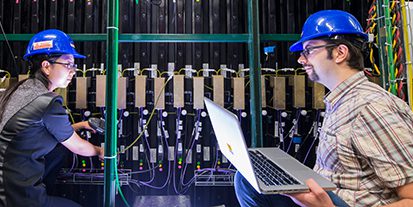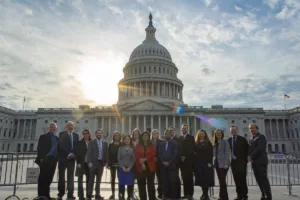2023 Sandia Graduate Fellows
URA is pleased to announce the ten outstanding graduate students selected for the 2023 URA Sandia Summer Graduate Fellowship. Find out more about our 2023 Fellows below.
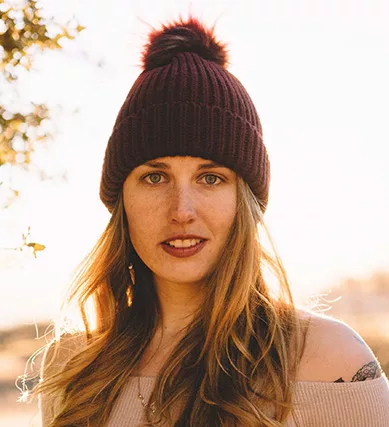
Jenna Andrews, Yale University
I am currently a 4th year microbiology PhD candidate at Yale University. My thesis work centers around how the bacterium Coxiella burnetii manipulates the innate immune response in vivo. When I graduate, I hope to pursue a career in biodefense where my passions for microbiology and human health can be used for real-world applications. I am honored to have the opportunity to participate in the URA-Sandia Fellowship and I look forward to contributing to the innovative research at Sandia National Laboratories. In my free time, I enjoy riding horses, hiking, weightlifting, visiting art galleries, and exploring new cities.
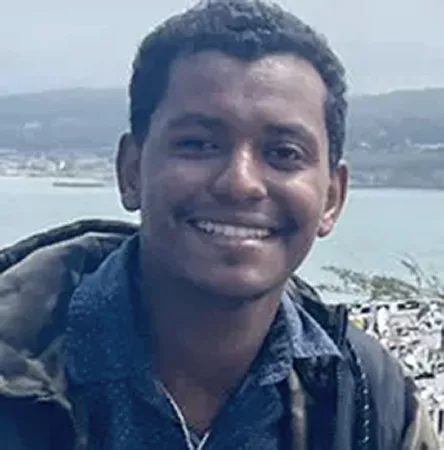
Yohannes Bekele, University of Texas at Austin
I am currently a first-year graduate student majoring in mechanical engineering. My current research is focused on developing a lightweight, graphene-based conductor that is at least as conductive as copper. This research applies to NASA’s aviation technology and aims to reduce the weight of rockets and other aviation technologies. I am particularly interested in the design and materials science aspects of this project and am excited to have the opportunity to work on it for NASA. In my free time, I enjoy playing soccer and spending time with my family.
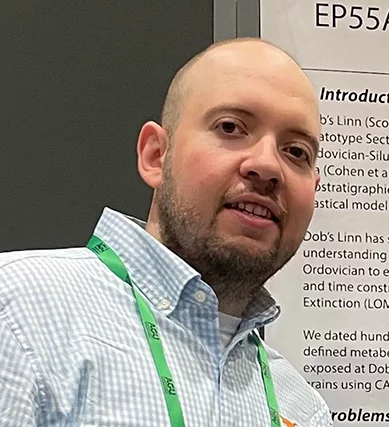
Hector Garza, University of Texas at Austin
Hector Garza is a PhD candidate researching major geologic and biotic evolutionary events in earth’s history and systematic biases with U-Pb dating techniques by incorporating a broad range of approaches, including geochemistry, geochronology, mineralogy, paleontology, and stratigraphy. Garza spent three years in the oil and gas industry characterizing unconventional shale reservoirs using geochemistry, managing an XRD laboratory, and researching clay minerals. At Sandia National Laboratories, Garza will assess the extractability of critical minerals, including REEs and critical metals from major oil and gas shale formations across the United States.
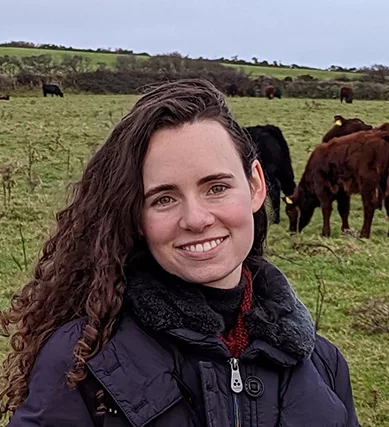
Lilly Lowrey, University of North Carolina
As a PhD candidate in Dr. Peggy Cotter’s lab, I am studying how amplification of genomic regions can create heterogeneous populations of bacteria that are prepared to survive in fluctuating environments. I enjoy developing creative tools to better understand rare events within bacterial populations. I received my B.S. in Biology and Environmental Studies from Davidson College. In my free time, I enjoy trying new foods, knitting, and caring for my pet snails.
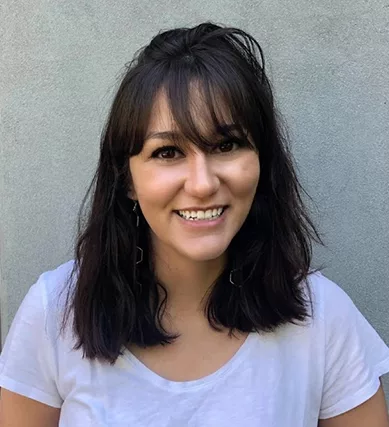
Sarah Rich, University of Oregon
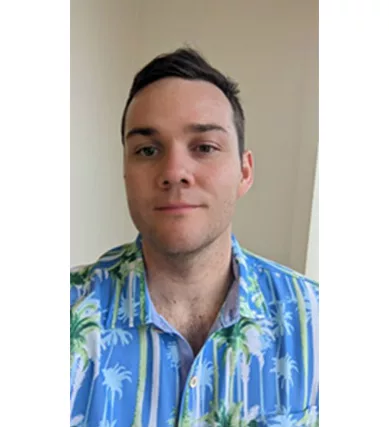
Jonathan Stoffel, University of Notre Dame
I am a PhD candidate in inorganic chemistry. I am interested in studying the surface chemistry of materials and how to probe surface modifications spectroscopically. My current research focuses on using metal carbonyl probes to characterize the surface of nanoparticles. At Sandia National Laboratories, I will be characterizing photocatalyst nanoparticles using scanning photoelectrochemical microscopy. Outside of the lab, I enjoy cooking, meeting new people, and going to the gym.
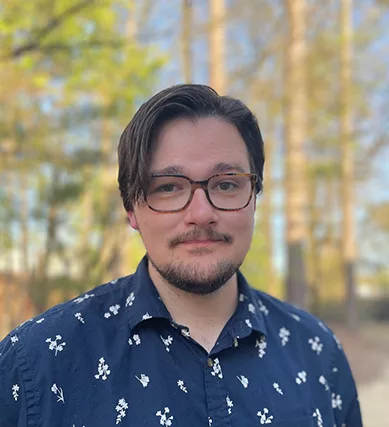
Brady Taylor, Duke University
My research as a PhD candidate involves the implementation of mixed-signal circuits that leverage nonvolatile memories and other nanodevices for neuromorphic computing. I look for ways that the unique behaviors of these devices can mimic the plastic circuits found in our brains. At Sandia, I’ll be working on the COINFLIPS project, which uses stochastic devices for probabilistic, brain-inspired computing. Originally from Texas, I enjoy hiking with my wife and dog, cooking, knitting, reading fantasy/sci-fi novels, and exploring new cultures.
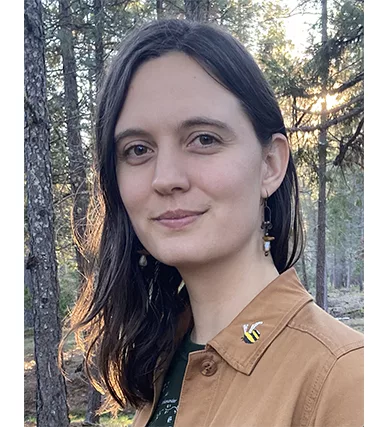
Natalie Wellen, University of Washington
As a numerical linear algebraist, I study spectral sets, the perturbation of eigenvalues and eigenspaces, and how they can be used to better understand the dynamics of functions of matrices. My work can be used to bound the transient growth of dynamical systems, for example from ecology and astronomy, and to bound the convergence of iterative methods such as ones using the Arnoldi Algorithm. Other projects I enjoy working on include mathematical models of public policy. Outside of mathematics, I like knitting and other fiber arts, as well as forms of building community including board games and hikes.
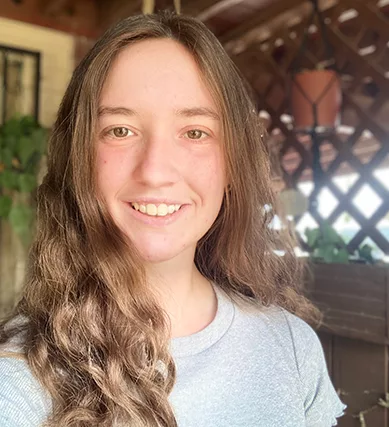
Sabrina Wilson, University of Arizona
Sabrina is a master’s degree student at the University of Arizona studying Atmospheric Science and Ecosystem Genomics. She received her BS from Northern Arizona University in Chemistry and Astrophysics. Her research interests mainly involve how land-climate interactions are impacted by vegetation, microbial communities, and humans, plus scaling from genes to ecosystems, and the impact of climate change. Her current work is focused on modeling the effect of biochar amendment application to microbial mediation of carbon sequestration. In her free time, she enjoys hiking, camping, and mountain biking.
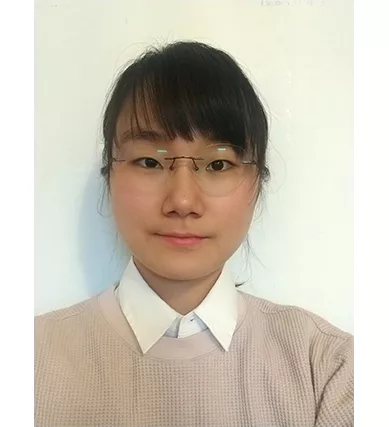
Xiaona Zhou, Virginia Tech
As a first-year PhD student in computer science, I am actively exploring various research areas in CS. Currently, I am working on a project where we design a task-driven privacy-preserving data-sharing framework for the industrial internet. During my undergraduate studies as a mathematics student, I developed a fascination for Data Science and Machine Learning. Since joining the PLAN Lab, I have been learning about multimodal learning and its applications in language and vision. When I’m not swamped with schoolwork, I enjoy going hiking, biking, and ice skating with friends. I also enjoy cooking traditional Chinese dishes and making various desserts.

